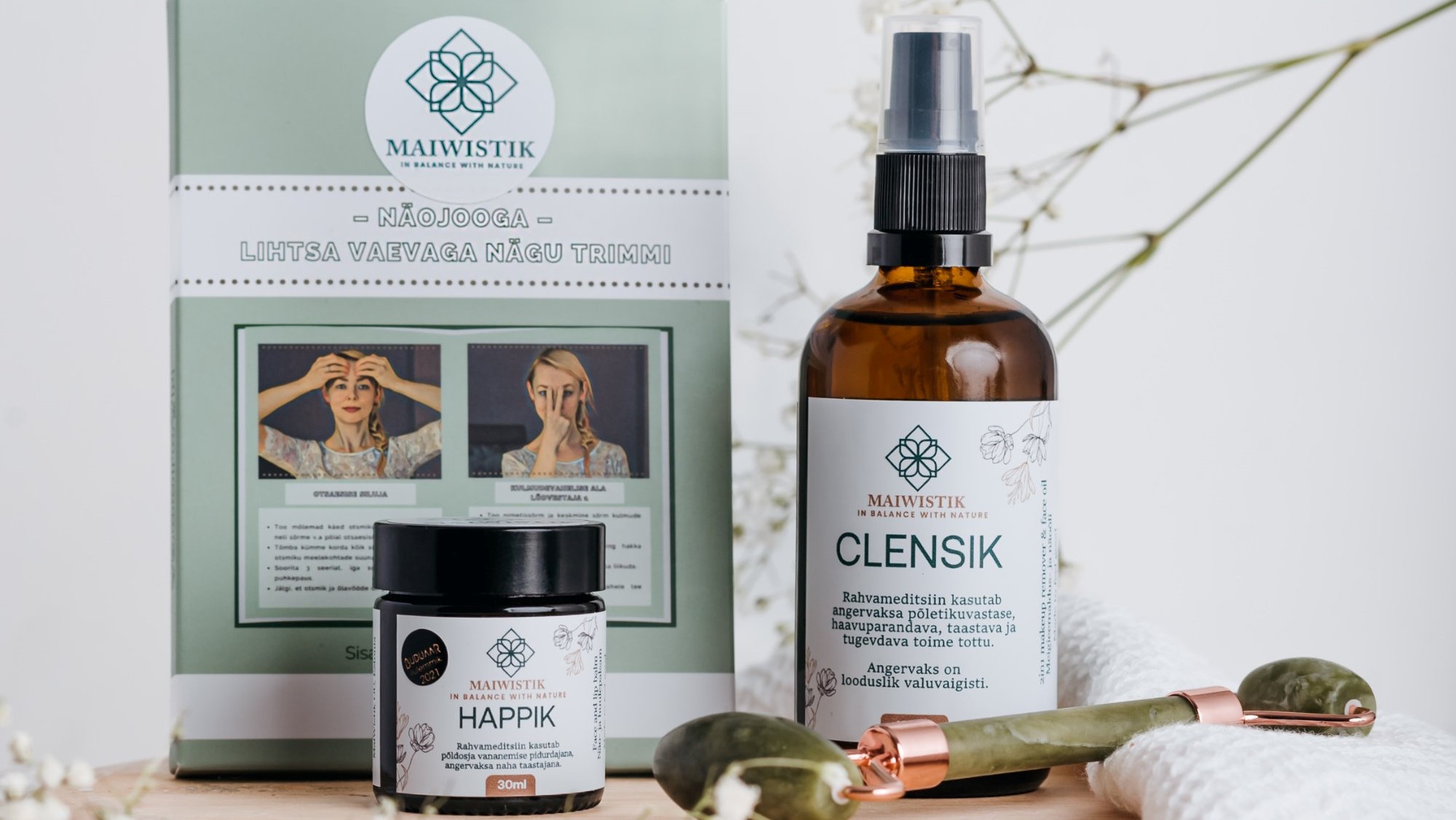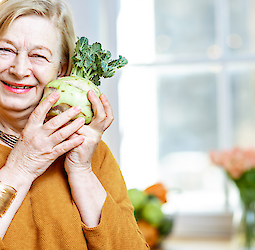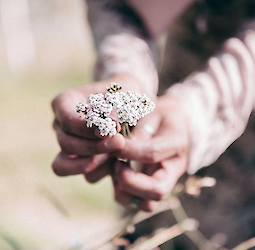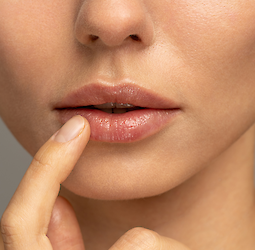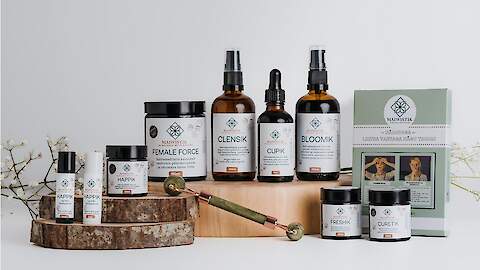- Read and watch
- Dry and delicate skin - How to take care of it properly?
Dry and delicate skin - How to take care of it properly?
@MayWistik
www.maiwistik.eu
Skin is the fabric that covers your entire body. It's job is to protect you from all outside invaders. Dry skin is a wonderful mirror because it shows the condition of your entire body. It is not possible to look at any skin problem in isolation from the digestive system. It doesn't matter whether we are talking about acne or psoriasis.
The skin is constantly renewing itself, because it is made up of different layers, and new cells are always formed in the lowest layer. From there, they move layer by layer towards the top layer and eventually leave the body. Collagen plays a very important role in the skin's structure, as it keeps the skin elastic and wrinkle-free. Another important substance is elastin, which focuses on maintaining elasticity. The third important substance is keratin, which is meant to protect the skin. The body needs silicon to produce collagen, elastin and keratin.
At this point, there is no need to rush to the store to buy the various powders that manufacturers praise. Living in Estonia, it's very easy to look in your own backyard, or there's always an acquaintance who lives outside the city and you can go and visit them for herbal remedies. The rarest plant of them all is elderflower, which is also hidden in our Happik daily face wash. A little silicon is also hidden in nettle and oatcress.

Dry skin and how to beat it?
Moving on through the layers of skin, on top of everything is an acidic hydrolipidic layer on the skin, which again protects against acid microbes, so it's clear that skin maintenance is not just about what you put on it, but very much about what we choose to eat. Rest, the right water and the right amount of fluids, exercise and, of course, nutrition all combine to contribute to a refreshed and toned body. You should support your body on a daily basis, because in a month your skin undergoes a complete makeover
You should consume omega-3 fatty acids, vitamin D, vitamin C (the thorns of some evergreen fruits, rosehip, strawberries, tomatoes and all fresh fruit and vegetables), silicon, protein building blocks or amino acids. Amino acids are found in, for example, nuts, seeds and dark green leafy vegetables. Dark green vegetables are particularly good. You can never have too many of them in your diet. It should also be pointed out here that even if we eat a perfectly healthy diet, it may not be of any use because the digestive system cannot break down the food and the nutrients are not absorbed. Bitter substances are a good way to get the digestive system working again. For example, dandelion root, dandelion leaves, burdock root, bitter-tasting green salads
Regular cleansing of the body is also behind beautiful, healthy skin. Dandelion, wormwood, clary sorrel, nettle and fly agaric are all stimulants of liver, lymphatic and kidney secretions. They provide the skin with the nutrients it needs, but at the same time cleanse the blood of unnecessary impurities.
It is at night, during sleep, that the body takes care of the skin, repairing damage and removing toxic compounds. Make sure you get enough sleep at night.
Sure, it's easy to give in to cravings and eat out a lot, but your body is never grateful. Semi-finished products, sugars, preservatives - they're all poison to the body. Maybe it's time to focus on self-discipline and do your best to slow down cell ageing and maintain skin elasticity!!! After all, diet is just another habit..
| Advertisement | ||
|---|---|---|
|
|
|
|
How to take care of the delicate skin on your hands?
Hands and hand care is a hot topic at the moment. Certain hand hygiene practices can increase the risk of skin irritation and should be avoided. Frequent washing and disinfecting causes dry skin. Washing your hands regularly with soap and water immediately before or after using alcohol-based products is not only unnecessary, it can even lead to dermatitis. Soap and water may wash away germs and dirt from your skin, but at the same time all the good stuff - the oils that protect your skin - goes with the bad. Washing your hands several times a day can result in dry skin at first, but as time goes on, it can lead to cracks or even sores. Skin cracks are a good way for bacteria to get close to the body. Sounds like a difficult fight.
In addition, the risk of skin irritation is increased by wearing rubber gloves when hands are still damp from washing or alcohol. We have the choice of washing our hands with warm water and soap or using a variety of disinfectants, and there is a wide choice between them. Do you prefer Estonian or not? Which brand to choose? What ingredients in general should I look out for? Whichever option you choose, you should always follow the product label and instructions carefully. Under no circumstances should you accidentally put your hands in the eye with a disinfectant.
Which habit dries the skin?
Proper washing and taking preventive measures is very important. After you have washed your hands for at least 20 seconds, let them dry on their own by patting them lightly, rather than rubbing them vigorously with a towel. This way, the moisture stays on the hands and then the water stays inside the skin when you wet them with the right product. After your hands have set, apply a cream or ointment immediately. Ideal hand creams should not contain irritants such as retinol, allergens or fragrances. The soap you use when washing your hands should also be gentle, fragrance-free and, if possible, a natural cosmetic. Of the various after-wash moisturisers, hand creams are better than body lotions, but ointments are best.
The reason lies in the water content of the product. Water-based products can further dry the skin as water evaporates from the skin. Water, on the other hand, is added to a body lotion or cream to prevent it from being too greasy and to ensure it absorbs quickly. Oil-based ointments come to the fore here, as they contain only good oils and fatty acids that deeply moisturise the skin without drying it out. Yes, of course, the absorption process is slower.
In case you don't like the oily texture, you could use the ointment in the evening or even at night. Night is one very good time to give your skin a chance to recover. Rub the ointment on your hands and if possible put on a pair of cotton gloves. If you can sleep with gloves on overnight, all the better, but a couple of hours in the evening will suffice. Dry skin is history!







